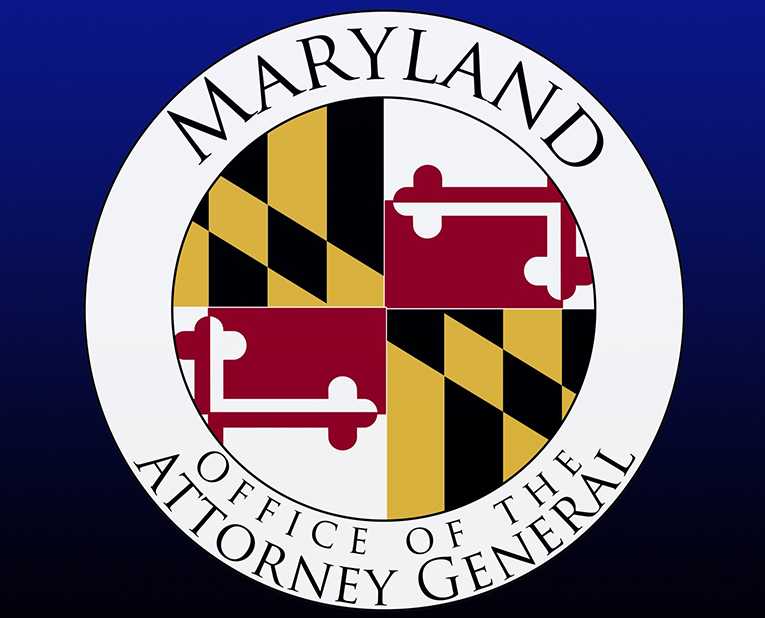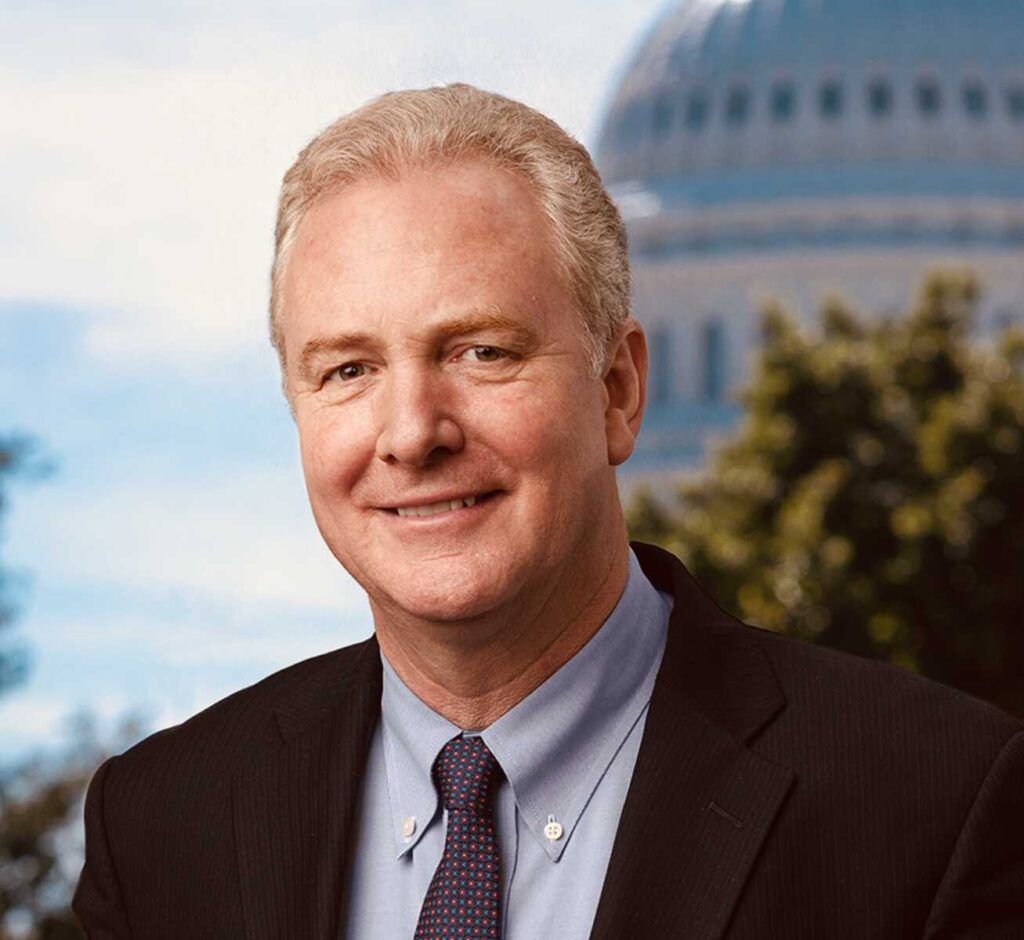Together with 21 other states, the attorney general of Maryland filed a brief in support of NPR and PBS lawsuits contesting a Trump-era executive order to cut federal funding, claiming the cuts would negatively impact education, public safety, and access to vital information, especially in underprivileged communities.
According to the news release issued on Friday, June 20, Attorney General Anthony G. Brown joined 21 other attorneys general in filing an amicus brief in the U.S. District Court for the District of Columbia today in support of two lawsuits filed by the Public Broadcasting Service (PBS) and National Public Radio (NPR) that aim to stop proposed funding cuts to their local affiliates and organizations.
In addition to providing free children’s educational programming—a lifeline for families who otherwise couldn’t afford educational resources outside of the classroom—Maryland Public Broadcasting (NPR) and Public Broadcasting Service (PBS) stations also provide vital updates during emergencies and inform Marylanders of the most recent actions taken by their state and local governments and elected officials, according to Attorney General Brown. All Marylanders would be harmed by the Trump administration’s funding cuts, but individuals from low-income, rural, and immigrant communities who rely on NPR and PBS essential reporting to keep informed will be particularly affected.
The complaint concerns a May 1 executive order signed by President Trump that instructs the Corporation for Public Broadcasting’s board and executive branch organizations to stop providing federal funding to PBS and NPR. In an attempt to stop the proposed cuts, NPR filed a lawsuit on May 27 alongside three Colorado public radio stations: Colorado Public Radio, Aspen Public Radio, and KSUT, which serves tribal communities in southwestern Colorado. On May 30, PBS and an affiliate operating in Minnesota filed a separate case.
The alliance of attorneys general contends that the proposed changes would seriously hurt Americans and that public broadcast stations are essential to the public’s access to information. The coalition claims that by endangering local news coverage, interfering with emergency notification distribution, cutting essential educational services, and restricting public media’s special ability to reach rural and tribal audiences, the funding cuts would jeopardize public safety and undermine trust.
The group lists some of the hardships that residents of their states may experience if the cuts continue in the brief that was filed concurrently today in both lawsuits. Among them are dangers to emergency alerting systems, such as the Emergency Alert System (EAS). Public broadcast stations are used as primary or secondary stations in several states, including Maryland, to disseminate EAS signals to the general public in times of emergency. In addition, NPR and PBS’s other infrastructure functions as crucial fallbacks for emergency alerts in the case of internet or power failures.
Public broadcasters in Maryland reach populations that might not otherwise receive this crucial information by covering over 95% of the state and providing emergency alerts in many languages. For instance, the Governor can promptly broadcast statewide alerts during emergencies thanks to Maryland Public Television’s six transmission towers and direct access to the Maryland State House. Amber Alerts for kidnapped children, Blue Alerts for suspects who have killed or gravely wounded law enforcement officers, Silver Alerts for missing elderly or developmental disabled individuals, and Missing Indigenous Person Alerts—which are vital for tribal communities—are some of the other emergency notifications that are distributed through the public media.
The brief also describes the significant educational roles played by public broadcasters, like Maryland Public Television, which offers digital learning materials via ThinkPort.org that are utilized by thousands of individuals in Maryland’s educational communities for early childhood education, professional learning courses, and student instruction.
The brief also describes how Marylanders would no longer have access to crucial government data. Maryland Public Television and the state have been livestreaming House floor proceedings since 2020, and since 2022, they have been streaming Senate and House sessions. In order to keep voters informed about their elected representatives and relevant topics, they also broadcast significant political events, such as the State of the State speech and mayoral debates.
Lastly, the brief emphasizes how the cuts pose disproportionate risks to indigenous and rural communities. Frostburg State University’s WFWM provides coverage in remote areas of Appalachia, while Delmarva Public Media, run by Salisbury University and the University of Maryland Eastern Shore, delivers local news and weather to over 40,000 listeners each week in the rural Delmarva region. In areas that would otherwise be considered news deserts, stations like these are frequently the only local news sources.
The attorneys general of Arizona, California, Colorado, Connecticut, Delaware, the District of Columbia, Hawaii, Illinois, Maine, Michigan, Minnesota, Nevada, New Jersey, New Mexico, New York, North Carolina, Oregon, Rhode Island, Vermont, Washington, and Wisconsin have joined Attorney General Brown in filing the brief.











